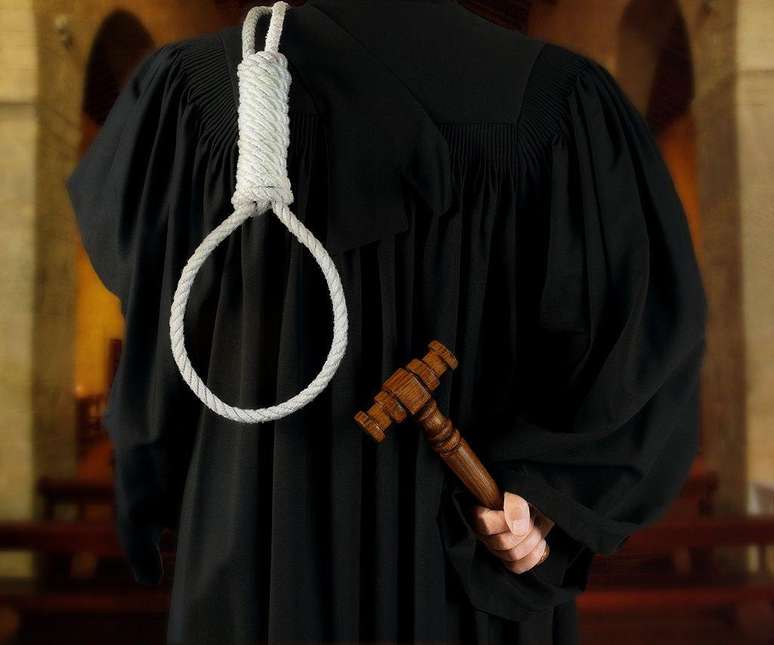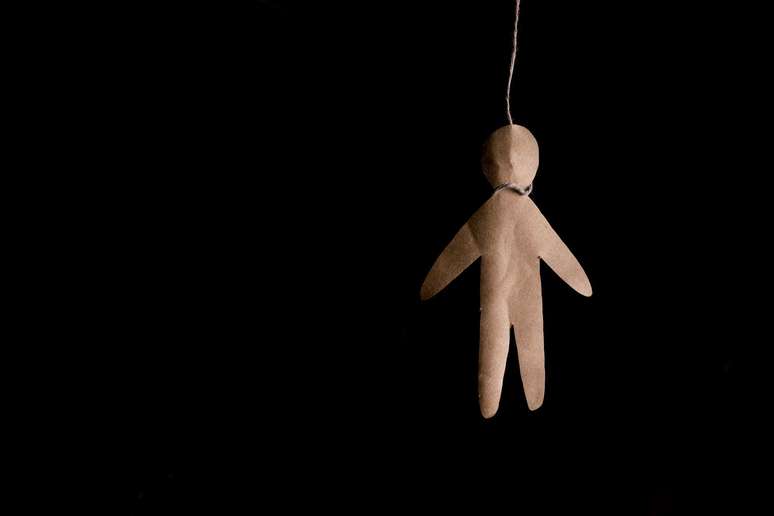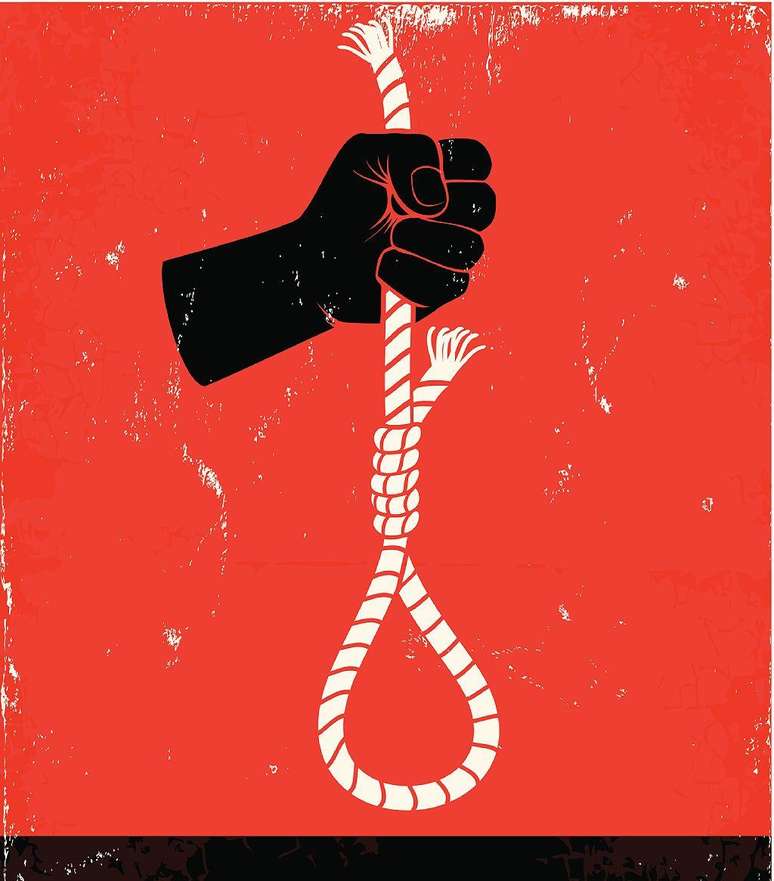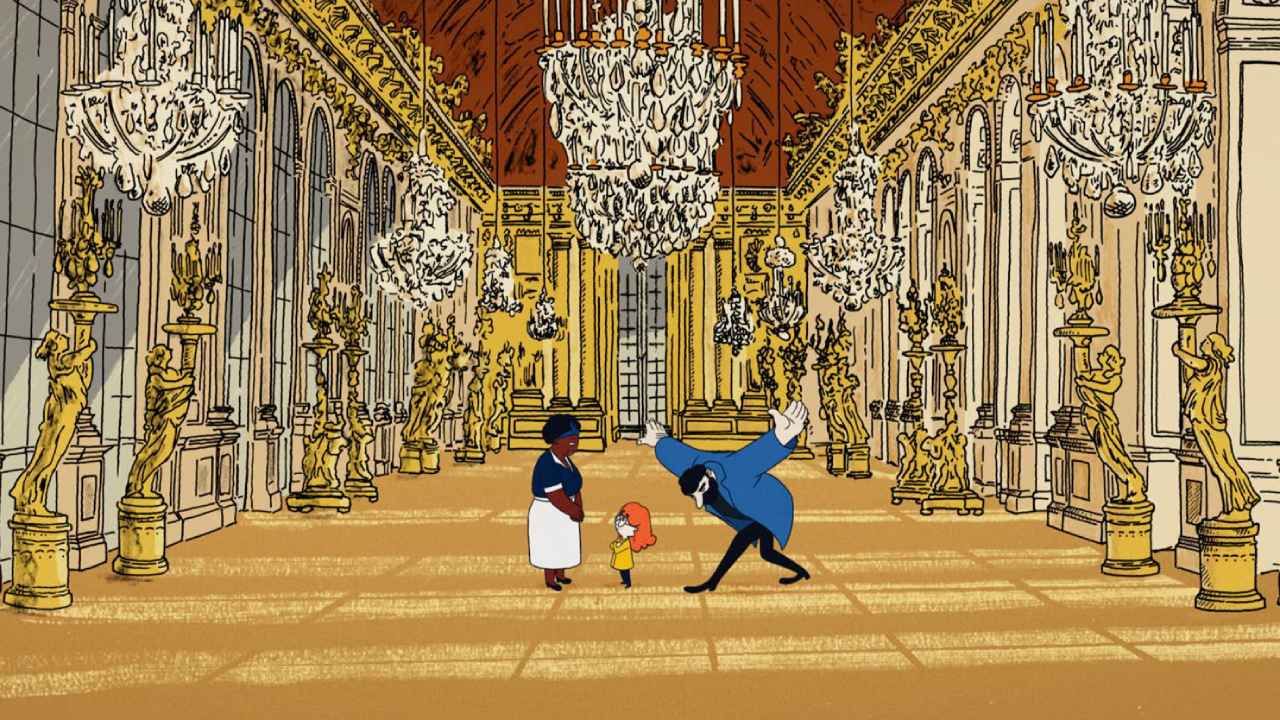It is a paradox that has been discussed for decades, without reaching a satisfactory conclusion.
“A powerful new paradox has emerged.”
This was written by Michael Scriven in the philosophy journal Mind in 1951, in an article entitled Paradoxical announcements.
And if a scholar like Scriven was enthusiastic about it, it is worth paying attention to, even if – as he himself pointed out – other scholars have found this paradox “rather frivolous”.
However, he noted, they did not take into account a final twist.
It thus became one of the most commented paradoxes by illustrious philosophers and mathematicians. Despite this, a consensus on the correct solution has not yet been reached.
According to several sources, including the Oxford Reference, the paradox was discovered by Swedish mathematician Lennart Ekbom (born 1919) after hearing a public television advertisement in 1943 or 1944.
It had been warned that a civil defense exercise would be held next week, but – to test the efficiency of the units – no one would know in advance or be able to predict on which day it would take place.
Ekbom realized that the announcement contained a logical paradox, so he discussed the issue with his mathematics and philosophy students.
In 1947, Ekbom himself recounted, one of these students visited Princeton University in the United States, where he heard the famous mathematician Kurt Godel mention the paradox with a different story.
Certainly, in that decade, different versions of the paradox began to circulate in different places with different stories but the same unknowns.
But what we are about to tell you is the one chosen by the popular American science and mathematics writer Martin Gardner in his book Unexpected Hanging and Other Mathematical Fun.
Impossible
The story of the paradox began on Saturday.
A judge, known for always keeping his word and for determining and executing his sentences to the letter, has sentenced a prisoner to death.
“The hanging will take place at noon on one of the next seven days,” he told the prisoner.
“But you will not know the date until you are informed on the morning of the day of the hanging.”

The prisoner, accompanied by his lawyer, returned to his cell.
As soon as they were alone, the lawyer, with a big smile, said:
“Do you realize? It is impossible for the judge’s sentence to be carried out.”
“What are you talking about?” replied the prisoner, confused.
“Let me explain to you:
Of course they can’t hang him next Saturday, because that’s the last day of the week, and if you were alive on Friday afternoon, you would know in advance with absolute certainty that the hanging would take place on Saturday.
Remember the judge said ‘you won’t know what day it is until they tell you on the morning of that day.'”
“If you found out on Friday, before they told you Saturday morning, that would violate the judge’s ruling.”
“So Saturday was completely wiped out, leaving Friday as the last day they could execute him.”
“But they can’t hang him on Friday,” the lawyer continued, “because Thursday afternoon would leave only two possible days: Friday and Saturday.”
“Since Saturday is ruled out, you would know that the hanging would have to take place on Friday… and know that this would violate the judge’s sentence. Therefore, Friday is ruled out. This leaves us with Thursday as the last possible day.”
“I understand,” said the prisoner with relief.
“I can similarly exclude Thursday, Wednesday, Tuesday and Monday.”
“We won’t know until tomorrow. But they can’t hang me tomorrow because I know today!”
The judge’s decision appears self-refutable.
Although there is nothing logically contradictory in the two statements that make up the decision, it cannot be implemented in practice.
So far, this is an entertaining logic puzzle, if perhaps, as some philosophers before Scriven said, “a little frivolous.”
As soon as…
The shift
Thanks to the lawyer’s logic, the prisoner remained calm in the cell.
But to his great surprise, on Wednesday morning the executioner announced that he would die at noon.
It is clear that he did not expect this until he was informed of it at that time, so the judge’s sentence was indeed carried out as it was issued.

You may know this paradox as the surprise exam, with a teacher announcing that he will take the exam next week and a student pointing out that this would be impossible since he announced it.
After eliminating the days of the week with the same logic as the hangman’s lawyer, the student convinces her classmates that there will be no evidence, only to be surprised on Tuesday with the unexpected evidence.
In any case, what is disconcerting is the result.
How can this happen if the previous arguments are so reasonable?
“I think this nuance of logic being refuted by the world makes the paradox so fascinating,” Scriven observed.
“The logician pathetically goes through the motions that have made the spell work all along, but for some reason the monster, reality, doesn’t get the idea and moves on.”
Failures, Knowledge and Cats
Despite many efforts, a satisfactory solution to the paradox that continues to trouble some minds has not yet been reached.
Those of the logical school tend to try to highlight the flaws of the paradox, while those of the epistemological school focus more on questions such as the meaning of knowledge.
Perhaps, strictly speaking, the only day he would not have been surprised if he had been executed would have been Saturday, since he would have known on Friday that it would happen.
But on Thursday I would still have two possible days and I would not yet have the knowledge that I could acquire only after surviving Friday.
Or, suddenly, the prisoner fell into the trap of the judge, who anticipated that, by pronouncing the sentence in this way, he would invite him to reach that logical conclusion, making the surprise even greater.
But in that case, what if the condemned man was a hardened pessimist: no matter what his lawyer told him, he would always be convinced that the worst would happen to him.
In this case he would not have died because every day he would have woken up with the certainty that they would come to hang him.

In another direction, there are those who have found analogies with quantum mechanics, which connect the paradox of Schrödinger’s cat to the principle of complementarity.
AS?
Well, in general, I would start with these lines:
Remember the time Schrödinger’s cat got stuck in that locked box with a vial of poison that might or might not be broken?
Before we find out what happened to the animal, according to quantum formalism, the cat is both dead and alive at the same time.
In the case of the condemned man, logic led him to discard all the possible days, but as soon as he did so, he was vulnerable to surprise, so he had to include them again, and, again, discard them, and…
Ultimately, like the cat, he would find himself in two states at the same time: safe from everything and safe from nothing.
It could be… and it could not be. There is still no verdict on the hanging paradox.
Source: Terra
Rose James is a Gossipify movie and series reviewer known for her in-depth analysis and unique perspective on the latest releases. With a background in film studies, she provides engaging and informative reviews, and keeps readers up to date with industry trends and emerging talents.






